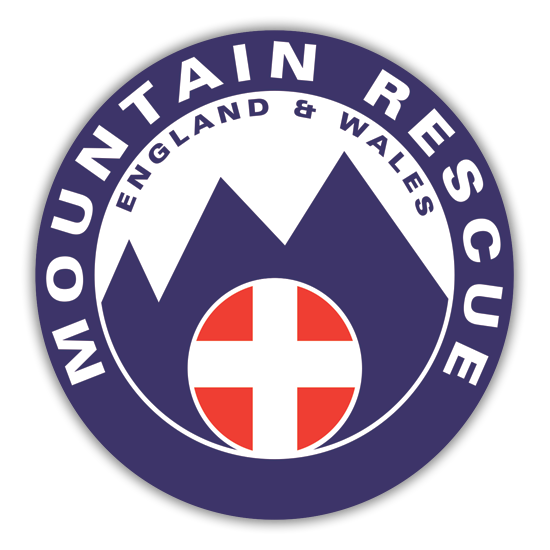Fact File 6: How to stay safe
Stay safe in the mountains. Be well-prepared and enjoy your time in the great outdoors: #beadventuresmart

Before you set out:
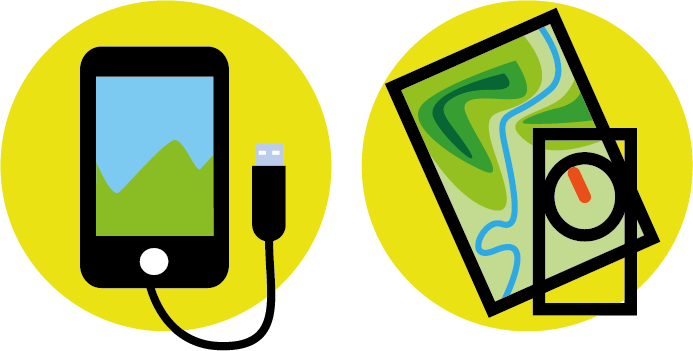
Charge your phone
Many accidents occur towards the end of the day when both you and your phone are low on energy. Register your phone with emergencysms.org.uk.
Plan your route carefully
Consider the time of year, terrain and the nature of your trip and choose your route accordingly. Remember: Mountains are major undertakings and in winter, it goes dark early!
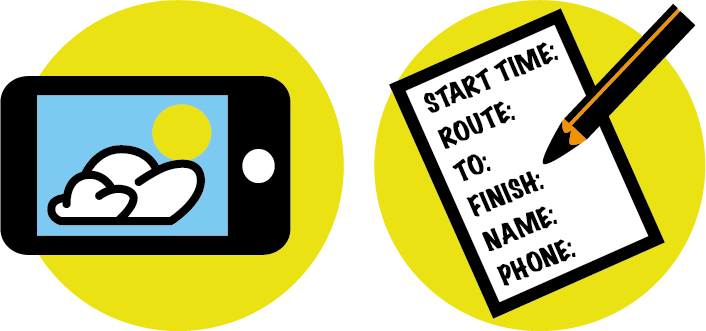
Check the weather
You can check weather and conditions online via Weatherline (for the Lake District), MWIS (mountain weather information), Met Office (general weather), and the SAIS (for avalanche conditions in Scotland).
Leave details of your route plan
Include start and finish points, estimated time of return and contact details — and leave your note in a reliable place in case of emergency.
On the hill:
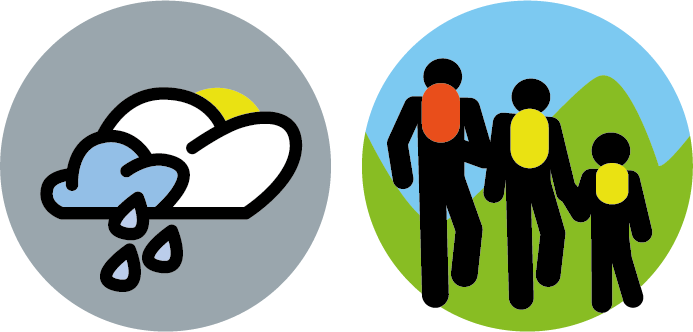
Keep an eye on the weather
Be prepared to turn back if conditions turn against you, even if this upsets a long-planned adventure.
Keep the party together
Allow the slowest in the party to determine the pace and take special care of the youngest, weakest and least knowledgeable in dangerous places.
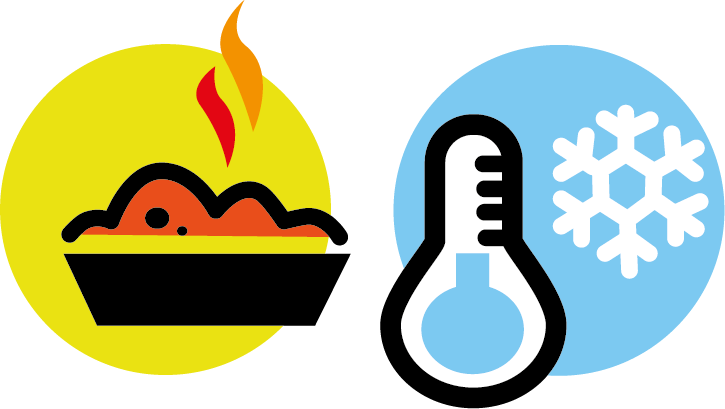
Eat well through the day
Before you start and through the day, keep your energy levels high to get the most out of your day.
Watch for signs of hypothermia
Disorientation, confusion, shivering, tiredness, pale complexion and loss of circulation in hands or toes. Children and older people are especially susceptible.
And, if you go out alone…
Be aware of the extra risk. Let people know your route and when you expect to finish and then stick to it as far as you can. If your plans change, let them know that too.
In case of accident
Make a note of all relevant details:
- Location (grid ref if possible)
- Name, gender and age of casualty
- Nature of injuries or emergency
- Number of people in the party
- Your mobile phone number.
Dial 999. Ask for ‘Police’ then ‘Mountain Rescue’
- Make sure you tell the operator that you require Police
- Give all your prepared details of the incident.
- Do NOT change your position until contacted by the rescue team
- If you have to make a further 999 call, repeat this procedure.
Dangers you can avoid
- Precipices and unstable boulders
- Ice or steep snow slopes, snow cornices on ridges or gully tops. The greatest risk is 24-48 hours after heavy snow, on convex 30-40 degree slopes. If you witness an avalanche, quickly search where you last saw the victims and call for mountain rescue
- Very steep grass slopes, especially if frozen or wet
- Gullies, gorges and stream beds, and streams in spate
- Exceeding your experience and abilities and loss of concentration, especially towards the end of a day.
Dangers you need to monitor
- Weather changes – mist, gale, rain and snow may be sudden and more extreme than forecast.
- Ice on path (know how to use an ice axe and crampons).
- Excessive cold, heat, or exhaustion (dress appropriately, know the signs, rest and keep warm).
- Passage of time – allow extra time in winter or night time.
- Don’t panic. If you’ve called for help, stay safe and stay put!!
What to take with you
- Suitable clothing – warm, windproof and waterproof. Layers work best!
- Footwear – with a treaded sole which supports the ankles.
- Spare clothing including hat and gloves – even in summer!
- Ample food and drink for the day including high energy snacks such as chocolate, nuts or dried fruits.
- Always carry water – even in cool weather it’s easy to become dehydrated.
Essential kit you should always carry
- Map and compass, torch and head torch. And a whistle
- Without a torch, map and compass are useless after dark!
- Both torch and whistle can be used to signal for help:
Six good long blasts in a minute. Stop for one minute. Repeat. Continue until someone reaches you and don’t stop because you hear a reply. Your whistle blasts may be a direction finder.
- Don’t forget spare batteries and bulbs for your torches.
- Mobile phone and GPS but don’t rely on your phone to get you out of trouble – many areas of the mountains have no signal – and ensure your GPS is correctly set up with map and grid data.
- Watch – at least one member of the party should have one.
- First aid kit – including any essential medication.
- Climbers and mountain bikers should wear a helmet.
- In winter always carry an ice axe and crampons – and know how to use them. And pack a survival bag.
If you have a hearing disability
If you have hearing or speech difficulties, you can contact the 999 emergency services by text. You will only be able to use this service if you are registered with emergencySMS first. Register now – don’t wait for an emergency!
Text ‘register’ to 999 then follow the instructions sent.
In an emergency contact the emergencySMS service by texting 999. Your message should include: ‘Cumbria Police’ + details of incident + location.
Related pages
Share This Page
Keep in touch
If you'd like to keep in touch, why not subscribe to our mailing list?
By signing up, you accept the terms of Mountain Rescue England and Wale’s Privacy Policy and consent to receive our emails with access to our latest news and events. You can unsubscribe at any time.
